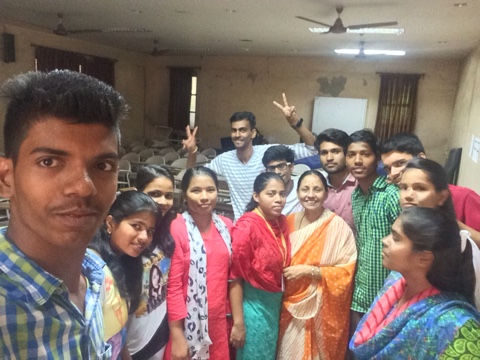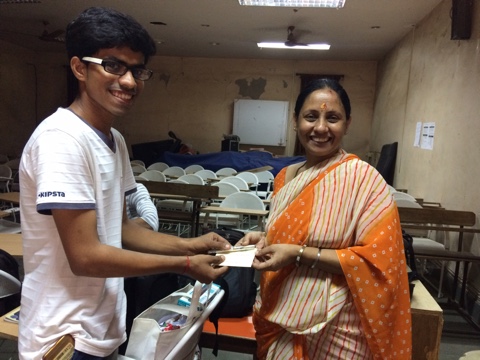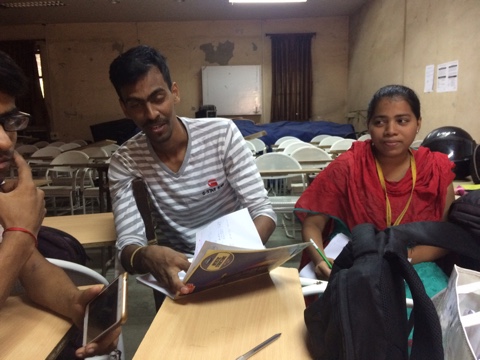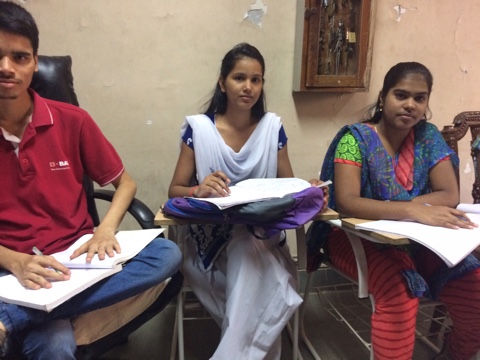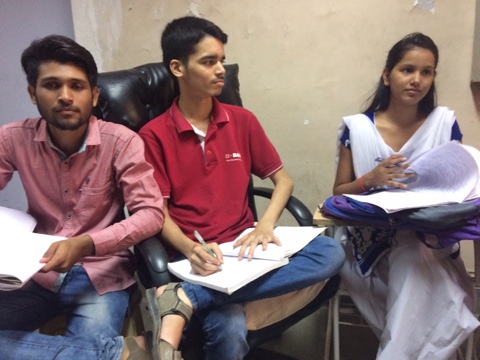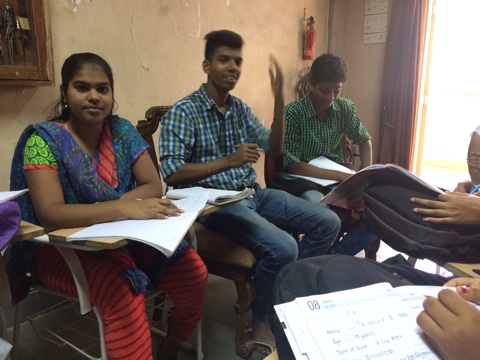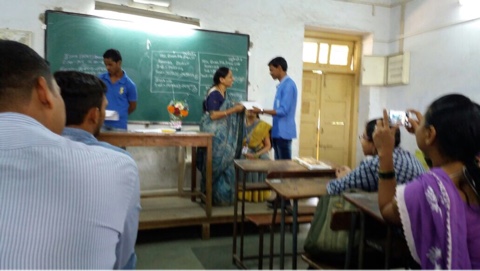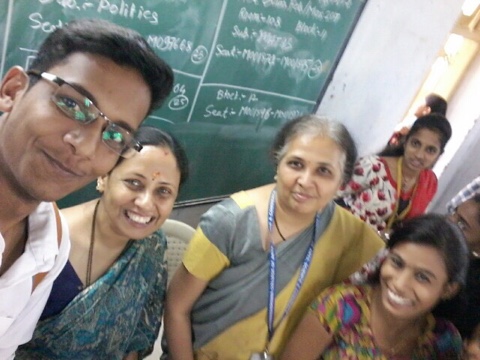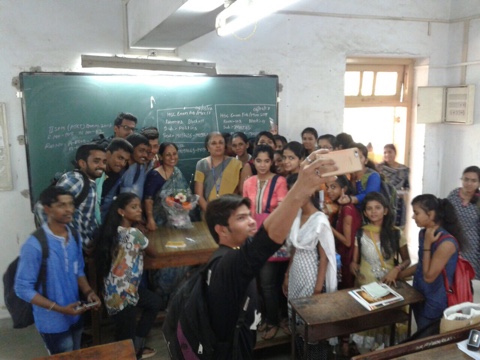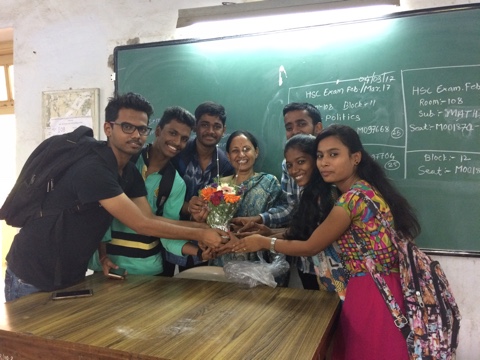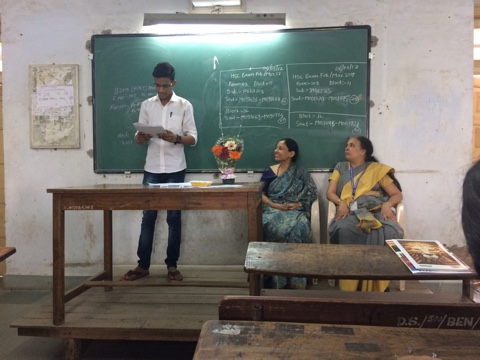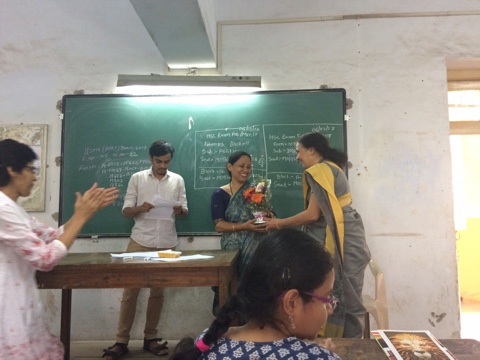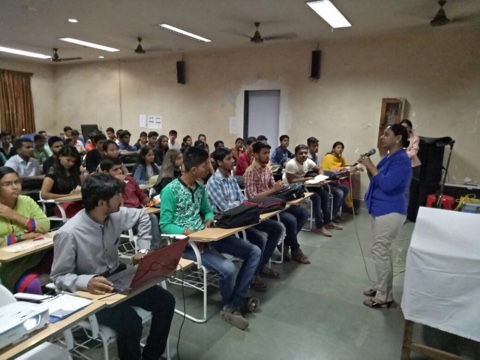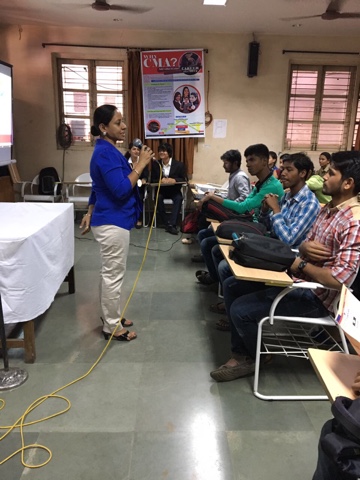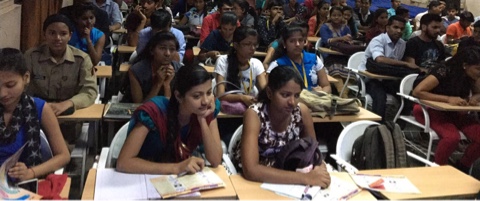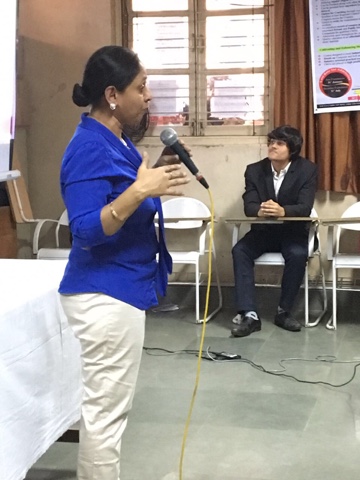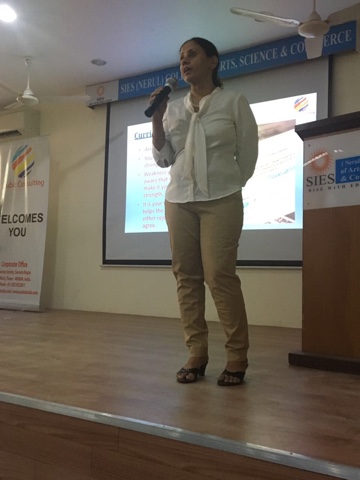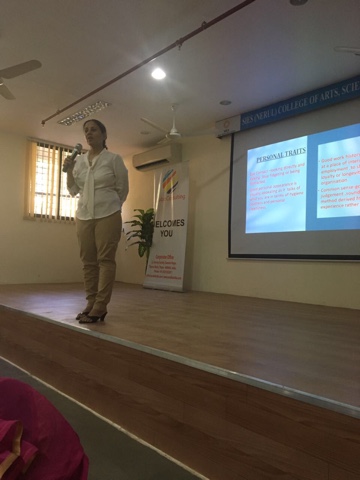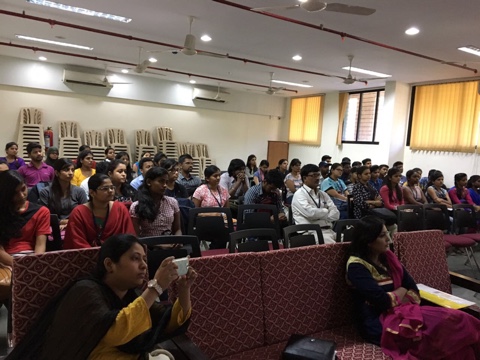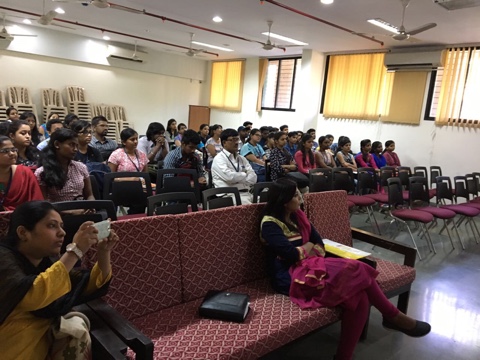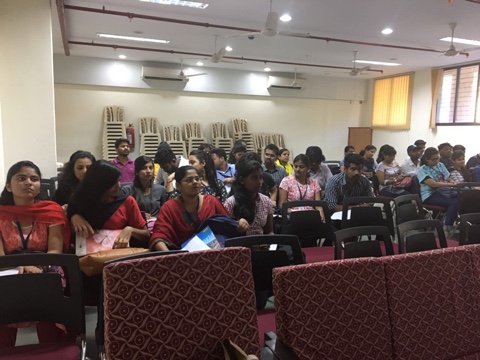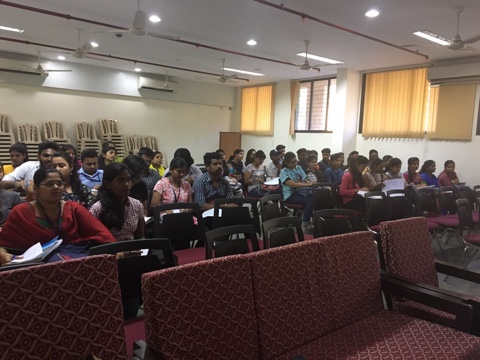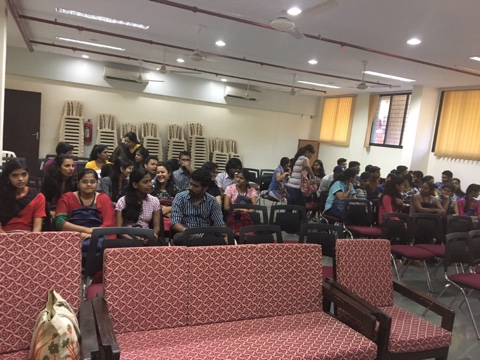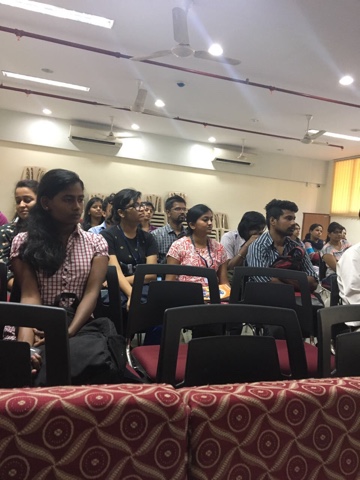- General English Course
- Beginners English
- Work place english
- Vacation and Travel English
- English levels
- Visas explained
- Business English
- Personality Development and Communication Skills
- Corporate English Training and Soft Skills
ENGLISH CONVERSATION SKILLS
English Courses
Key facts
Course duration: 6 weeks per module.
Class size: maximum 10
Lesson duration: 90 minutes
Lessons per week: 22
Learning materials: Included
Start: Every alternate month
Minimum age: 10
Course structure
Intensive
8 Communication Skills lessons + 20 General English lessons
or
Semi-Intensive*
4 Communication Skills lessons + 20 General English lessons
Timetable
Morning or afternoon classes * Monday-Friday
Intensive: 7 hours and 30 minutes a week
Semi-intensive: 5 hours a week
*Receive your actual timetable on arrival
Lesson Length
90 minutes
Entry level
(A1) Elementary
Course duration
General English + Communication Skills elective: minimum 4 weeks
Certification
At the end of the course, receive a Certificate documenting your language level.
Assessment and progress
Stay focussed with personalised learning plans, entry/exit test, and weekly test/review. Find out what it’s like inside the classroom.
Syllabus
A General English integrated language skills syllabus to improve your speaking and listening, grammar, vocabulary and pronunciation, with specific outcomes at each level.
Teaching methodology
An interactive teaching methodology to make lessons interesting, engaging and enjoyable and bring your English to life.
Resources and materials
Wi-Fi enabled classrooms with interactive whiteboards, digital media and materials to access both carefully graded materials and real world English.
Bringing your English to life
Class work followed up with graded homework and field trips and activities to help you bring your English to life within the local community.
Program Instructors
The Program instructors are experienced teachers with advanced degrees who employ the most recent advances in second language methodology. They frequently incorporate current, culturally relevant articles and multimedia materials to supplement regular assignments.
“We talk a lot more than we write and we talk almost subconsciously; it’s just something we have to do to get work done. The other forms of communication are more focused, more strategic. Certainly, some of oral communication is strategic as well, but the day-to-day work of talking on the telephone, with a co-worker down the hall or a customer who walks into a store – there’s just more oral communication.”
Tina Coffelt, assistant professor of communication studies and English.
